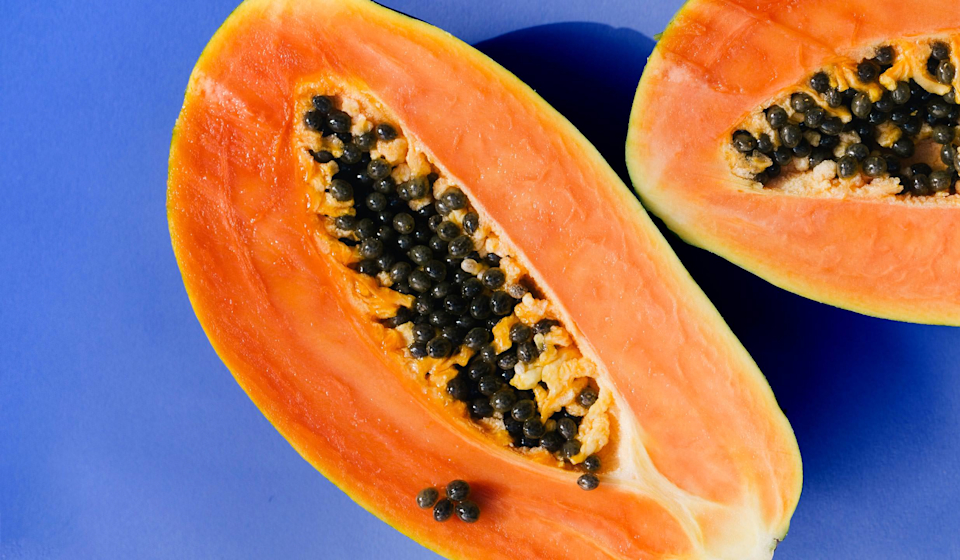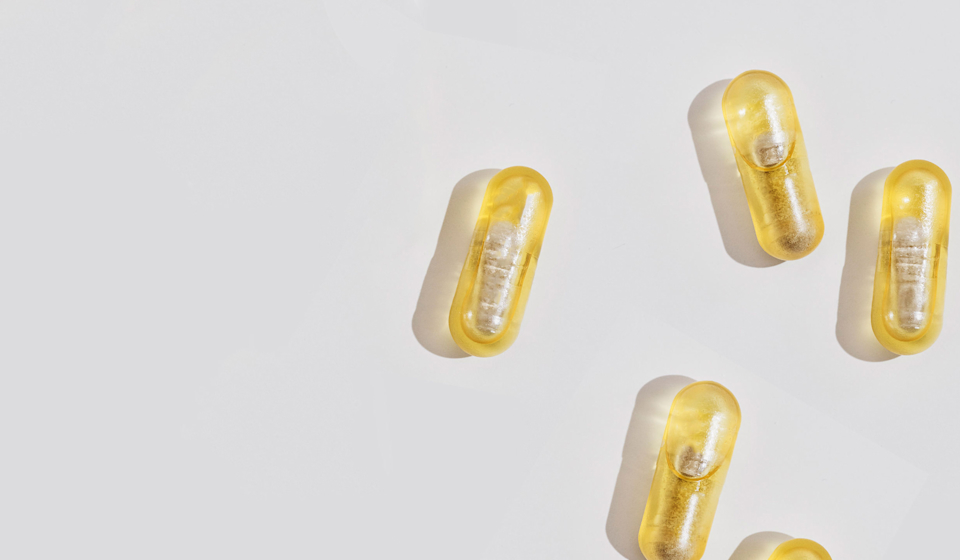If you find pregnancy as confusing as it is exciting, you’re definitely not alone. Even if you’re getting plenty of insight from your doc, you probably still have questions about all the changes happening in your body, the development of your baby, and what to expect down the line. We get it—it’s a lot!
But we also think that one thing you should never have to question is your prenatal multivitamin. In fact, the right one should take a lot of the guesswork out of supporting your pregnancy nutritional needs. That’s one less thing to worry about during this chaotic time.
So what nutrients do you actually need from a prenatal? We’ve done the research—keep reading to see what we’ve found.
But first, a quick refresher on why you need a prenatal in the first place.
Scientists and ob-gyns alike agree that a prenatal is a must for a few reasons: namely, that while it’s technically possible to get all the nutrients needed for both you and baby through diet alone, in can be difficult to actually do so. So it’s important to help fill nutritional gaps with a prenatal multivitamin, so that you’re helping to support your nutrient needs during this critical time.
That said, we advise starting a prenatal even when you’re just thinking about getting pregnant—to get specific, three months before pregnancy is a good timeline to shoot for, even if you’re still on birth control.*
The nutrients you should look for in a prenatal, and why:
Folate. Because it aids with many different important processes in the body, folate is a must-have for pregnant and non-pregnant women alike. But when you’re expecting, your growing baby needs it too—it’s crucial for supporting neural tube development, as well as DNA synthesis.*
The trick is to be wary of folic acid, which is the synthetic form of folate: It’s found in many supplements, but it needs the help of enzymes to convert to MTHF, which is the form your body uses. But the caveat is that up to one-third of women have gene variations that make it difficult to carry out this extra step. That’s why it’s wise to look for a multivitamin with ready-to-use MTHF, like our Essential Prenatal.*
Omega-3. Did you know that DHA is an important component of the human brain? Of the three different omega-3 fatty acids, we like to zero-in on DHA, specifically since it’s such a supporter of brain, heart, and eye health. DHA is found in foods like salmon, shellfish, and tuna, so if you’re vegetarian, that can be a problem. Our advice? Look for a prenatal that sources its Omega-3 with DHA from algae.*







